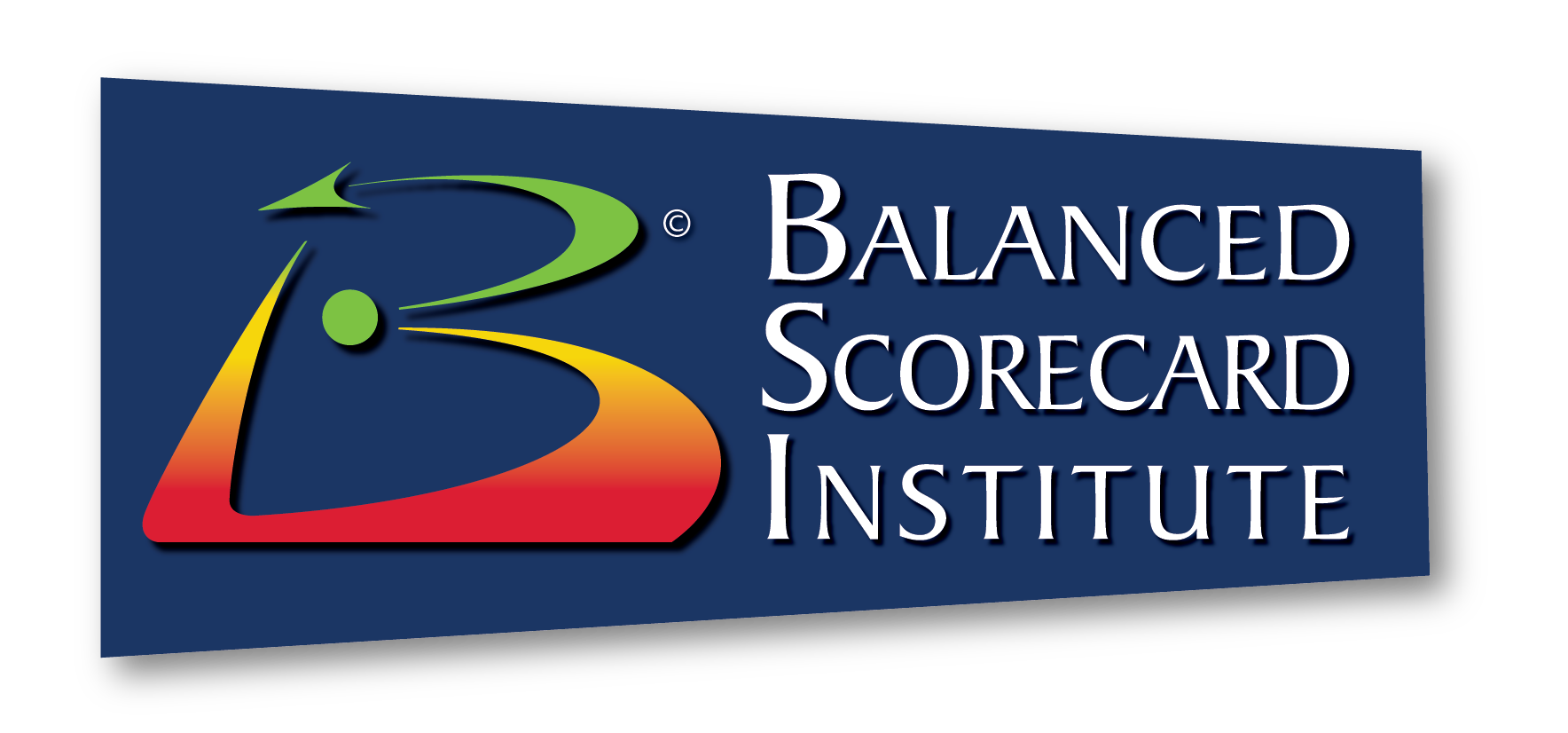I received a text message from a friend today: “My brother-in-law needs to build a balanced scorecard. Where can he find examples?”
~Sigh~
That is like asking me, “My brother-in-law needs to get from New York to Texas. Where can he find any old Google Map screenshots?” The crux of the matter is: What is the real question here?
Is he asking to learn to properly build a strategic balanced scorecard that will be used to help an organization transform, grow, or thrive? Or is he asking to see what plan others in similar companies have implemented in order to transform, grow, or thrive in their unique situation? These are fundamentally different questions. Unfortunately, the questioner usually has no idea of the difference.
Hence, the classic mistake. Thinking you can look at enough examples and construct your own strategic balanced scorecard by copying and pasting. This is ludicrous. It’s like picking up a random phone that is open to Google Maps and blindly following the blue dot to wherever the prior owner programmed it to go.
In reality, you only need to see one example of a strategic balanced scorecard to learn how to READ and USE one. The STRUCTURE of the scorecard, just like the STRUCTURE of Google Maps, is consistent. The CONTENT of scorecards are unique, just like the CONTENT of directions mapping is unique from request to request. The directions depend on where you are now, where you want to go, and your desired mode of transportation. If you can read one map, you can read them all. If you can read one scorecard, you can read them all. But each strategic balanced scorecard will take a unique organization from a unique current state to a unique future state. Academic Stress and Achievement
Therefore, seeing example after example will not help you CREATE a usable scorecard to achieve the results YOU desire. Knowing HOW to create the elements of the scorecard (similar to knowing how to tell Google Maps you want to go from Point A to Point B using a car) …that’s what is critical.
To learn how to create a strategic balanced scorecard (and see some examples!), we invite you to explore The Institute Way: Simplify Strategic Planning & Management with the Balanced Scorecard.
Or contact us and let us show you how.
Gail is co-author of The Institute Way. With a career spanning over 30 years of strategic planning and performance management consulting with corporate, nonprofit, and government organizations, she enjoys speaking, training, and writing, sharing her experience with others. She currently is a Partner at Credera in Dallas, TX.


